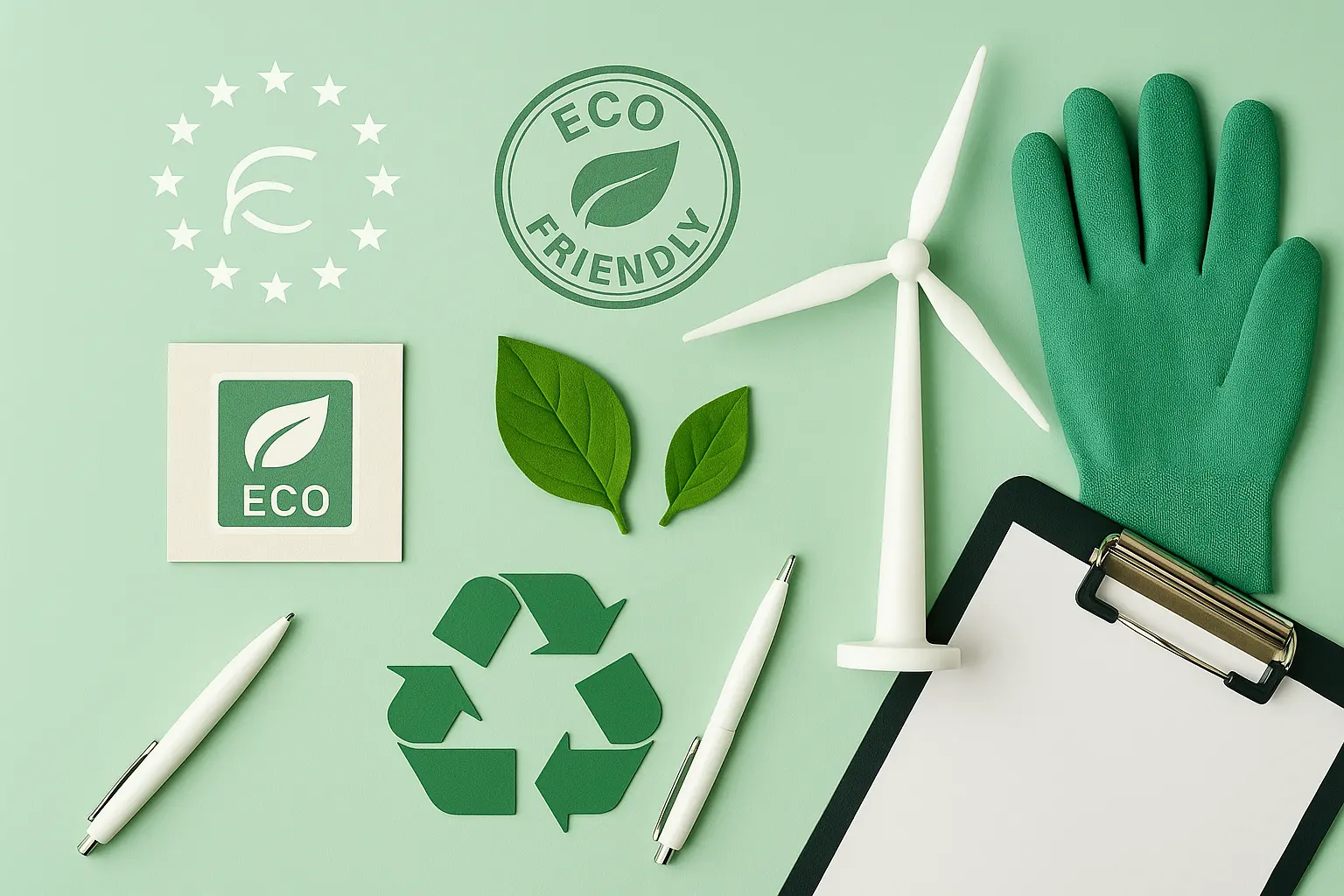Ethical Sourcing Certification
Ethical sourcing certification is a critical component in ensuring that materials and products are sourced responsibly, with due consideration to social, environmental, and ethical standards. This service focuses on verifying the adherence of suppliers to a set of internationally recognized guidelines designed to prevent exploitation, abuse, and harm while promoting fair labor practices and sustainable resource management.
The certification process involves comprehensive audits and assessments that evaluate various factors such as working conditions, wages, health & safety measures, environmental impact, community engagement, and anti-corruption policies. Compliance with these standards not only enhances the reputation of a brand but also ensures long-term sustainability by fostering trust among consumers who increasingly demand ethical practices.
Our team at [Company Name] employs state-of-the-art methodologies to conduct thorough reviews using both qualitative and quantitative approaches. We leverage advanced technologies like data analytics, machine learning algorithms, and blockchain traceability solutions to provide robust evidence supporting our findings. This ensures that certifications are accurate, transparent, and reliable – attributes essential for maintaining credibility within the industry.
For clients seeking assurance about their supply chains' integrity, we offer tailored services aimed at identifying risks early on through risk assessments followed by targeted audits when necessary. By leveraging our expertise in this area, you can rest assured knowing that your operations meet stringent requirements set forth by leading organizations such as Fair Trade International (FTI), Global Organic Textile Standard (GOTS), and others.
It is important to note that ethical sourcing certification goes beyond mere compliance; it represents a commitment to continuous improvement. Our goal is not only to verify current practices but also encourage proactive measures towards becoming more sustainable partners in global supply networks.
Why It Matters
The significance of ethical sourcing cannot be overstated, particularly given today’s heightened awareness regarding labor rights and environmental impacts. Consumers are increasingly demanding transparency from businesses about where their products come from and how they were produced. Brands that fail to address these concerns risk losing consumer trust which can lead to significant financial losses.
Moreover, implementing ethical sourcing policies helps mitigate risks associated with supply chain disruptions due to legal or reputational challenges faced by suppliers. By partnering early on with reputable organizations like ours for certification purposes, companies can avoid costly penalties and potential damage to brand image caused by non-compliance incidents.
Ethical sourcing also contributes positively towards achieving United Nations Sustainable Development Goals (SDGs), especially those related to poverty alleviation, decent work & economic growth, responsible consumption & production, and climate action. Adopting such practices demonstrates a company’s dedication to making positive contributions within its sphere of influence.
In summary, embracing ethical sourcing is more than just a business decision; it's an investment in your brand’s future success. It allows businesses to build stronger relationships with stakeholders while contributing to broader societal goals. At [Company Name], we are committed to helping organizations navigate this complex landscape so they can achieve their objectives responsibly and effectively.
Applied Standards
The certification process for ethical sourcing typically involves adherence to various international standards that set forth expectations regarding labor practices, environmental sustainability, and community development. Some key standards include:
- Fair Trade International (FTI): Ensures fair prices, good working conditions, local sustainable development, and respect for human rights.
- Global Organic Textile Standard (GOTS): Regulates processing of raw materials through the final consumer product ensuring it meets stringent environmental & social criteria.
- International Organization for Standardization (ISO) 26000: Provides guidelines on corporate social responsibility which covers topics like human rights, labor practices, anti-corruption, and more.
These standards provide a framework within which certified entities must operate. They ensure that all parties involved in the supply chain are held accountable for maintaining high ethical standards throughout every stage of production.
Scope and Methodology
The scope of our ethical sourcing certification service encompasses several key areas including labor practices, environmental impact assessments, community engagement initiatives, anti-corruption policies, and sustainable resource management. Our approach involves conducting thorough audits using a combination of on-site inspections, document reviews, interviews with stakeholders, and data analysis.
Our team begins by evaluating the supplier’s compliance with relevant international standards mentioned earlier. This includes reviewing documentation such as contracts, invoices, certificates of origin, and other supporting evidence. We then conduct site visits to assess working conditions firsthand, ensuring that all areas meet acceptable criteria.
Data analytics plays a crucial role in this process, allowing us to identify patterns or anomalies which may indicate potential risks or areas for improvement. Machine learning algorithms are used to predict future trends based on historical data collected during previous audits. Additionally, blockchain technology enhances traceability by providing an immutable record of transactions throughout the supply chain.
Once completed, our findings are documented in a detailed report that summarizes all aspects evaluated along with recommendations for enhancing performance moving forward. This comprehensive approach ensures that suppliers receive actionable insights they can use to improve their operations continually.





